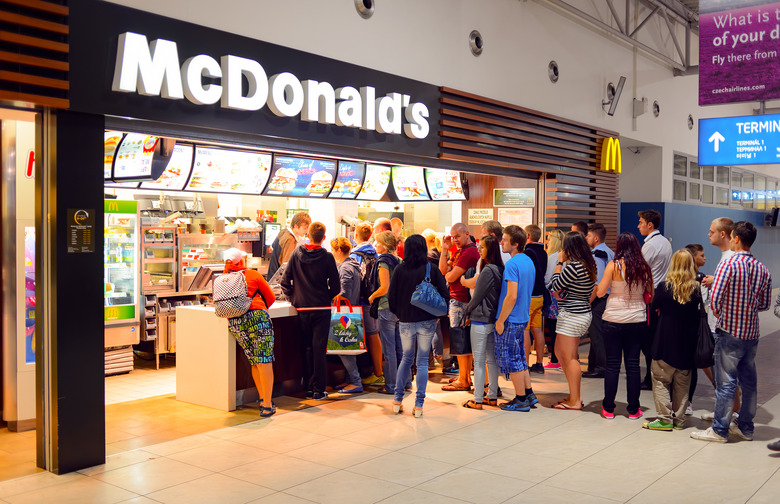I Have Seen The Future Of Fast Food In A World Of High Minimum Wages
Minimum wage has been an issue in virtually every recent election in the United States. In some states, the level of the minimum wage has been raised through legislative action or referendum. As a result, while the federal minimum wage is at $7.25 per hour, there are several jurisdictions with higher rates and/or scheduled increases. The National Conference of State Legislatures reports that the highest state minimum as of January 1, 2017, was $15 in Seattle. The $15 per hour wage will reach D.C. (by 2020) and California and New York (by 2022). In all, 19 of the 50 states currently have a minimum wage higher than the federal requirement.
If a minimum wage of $11.50 per hour is good, isn't higher even better? In fact, why be faint-hearted about this? Why not raise the minimum wage by a lot more and a lot more quickly? Thinking more broadly, why not apply it to the poorest countries in the world? A minimum wage of $70 per hour in Somalia, the country with the distinction of having the lowest per capita income (on a purchasing power parity basis), would raise per capita income equal to Liechtenstein, the country with the highest.
touchscreen to place your order and a credit card (and soon a phone) to pay for it. You get a numbered receipt, and when that number appears on a video monitor you go to a tray at the front to show your receipt and pick up your order. For most customers that is their first contact with a McDonald's employee. With half a dozen of these marquees in the store, several jobs are no longer needed.
Of course this system is not the only new way to place orders at fast food chains. Ordering online has become pervasive. However, the latter is mainly designed to handle lines during peak times, whereas the marquees are specifically designed to reduce the use of labor.
Of course, the marquees and the associated backend software system are expensive, so this system will only be deployed where labor costs are high enough. (They can be found popping up in New York City as well.) The cost also gives larger operators a comparative advantage. Smaller chains, and especially independents, will be slower to deploy these as they lack the economies of scale for the backend of the system. If these economies are significant, then one implication of a higher minimum wage is that food we buy out will be bought increasingly from larger corporate organizations.
Expect to see these machines pop up in a McDonald's near you if you are a location with high labor costs. Also, expect other operators to emulate McDonald's.
